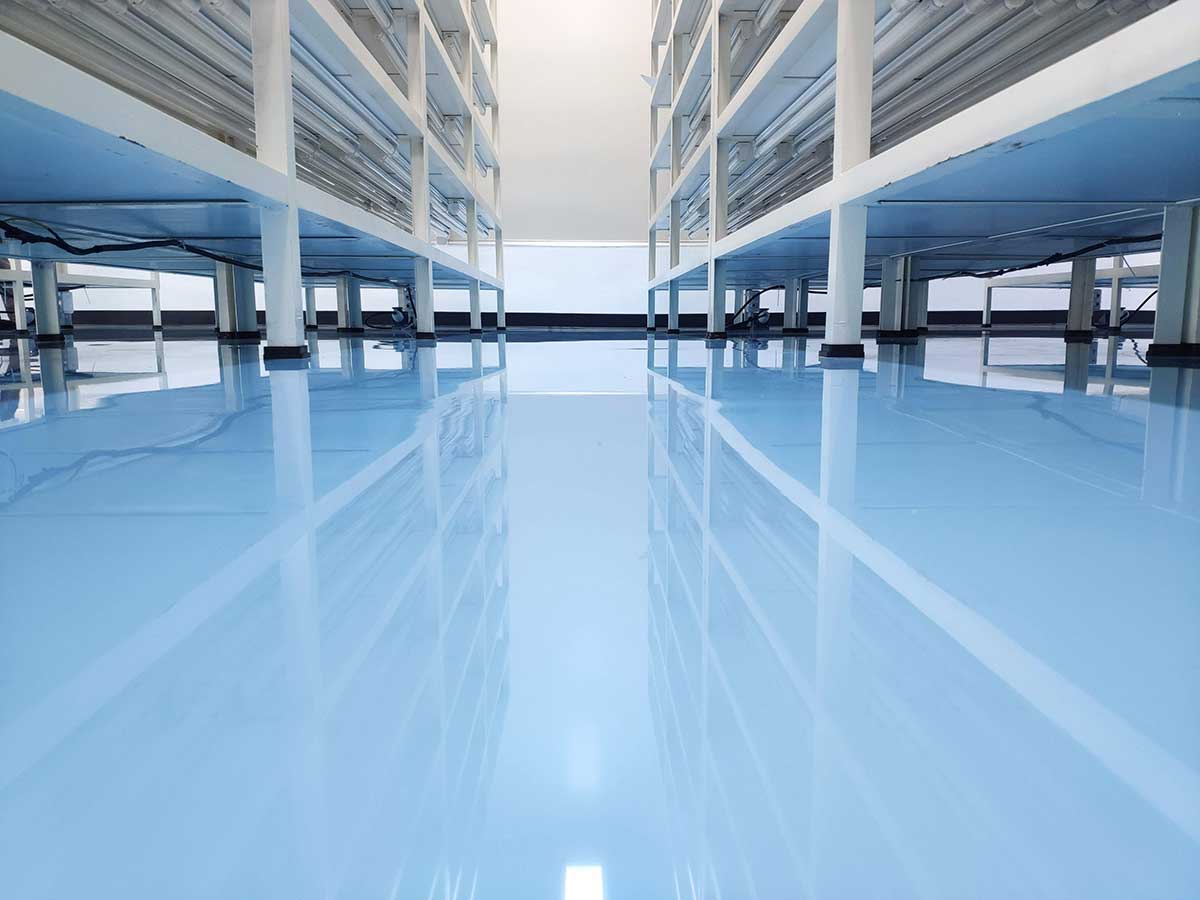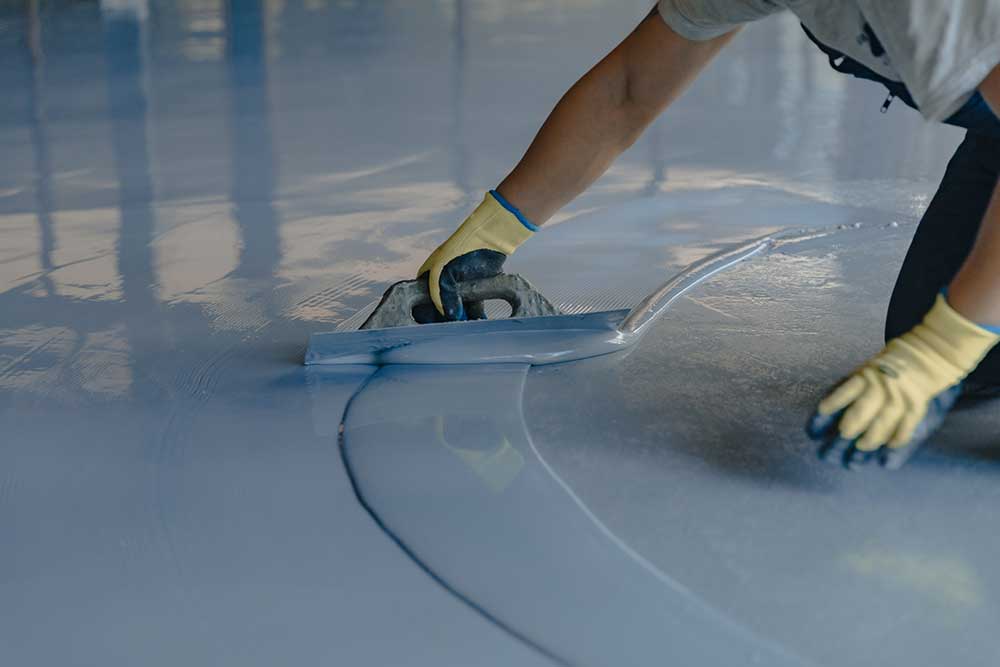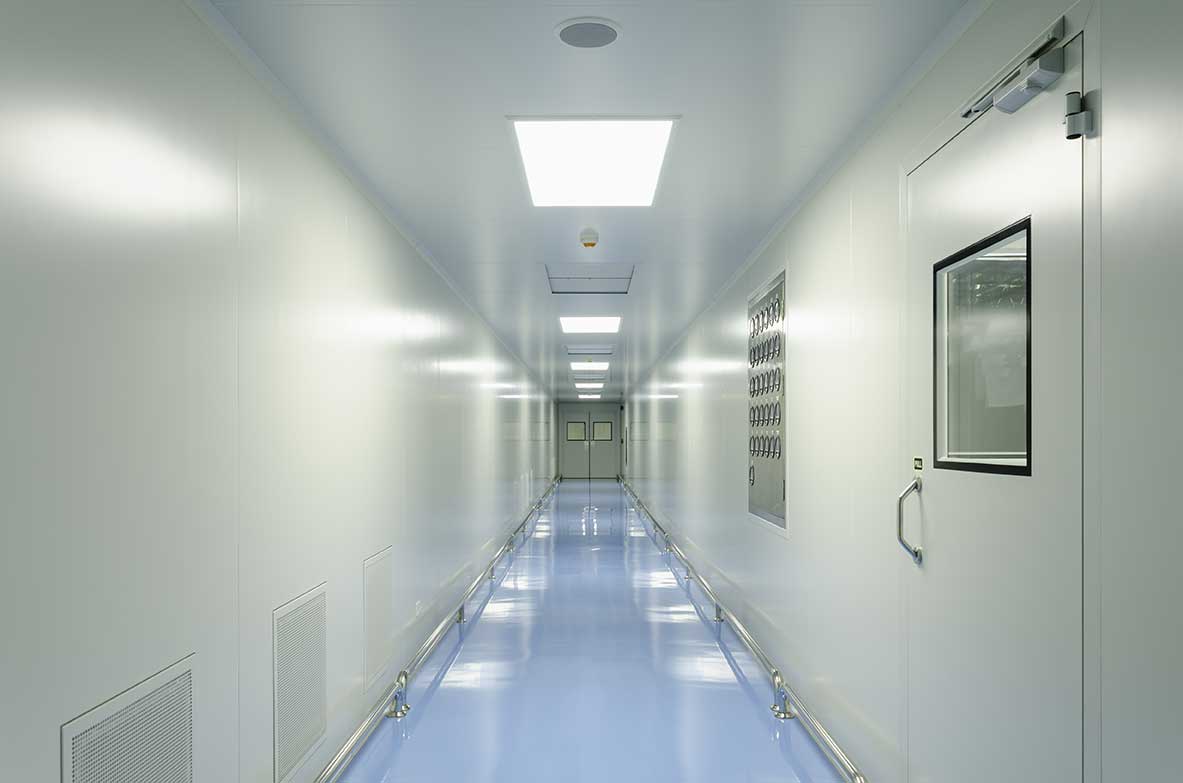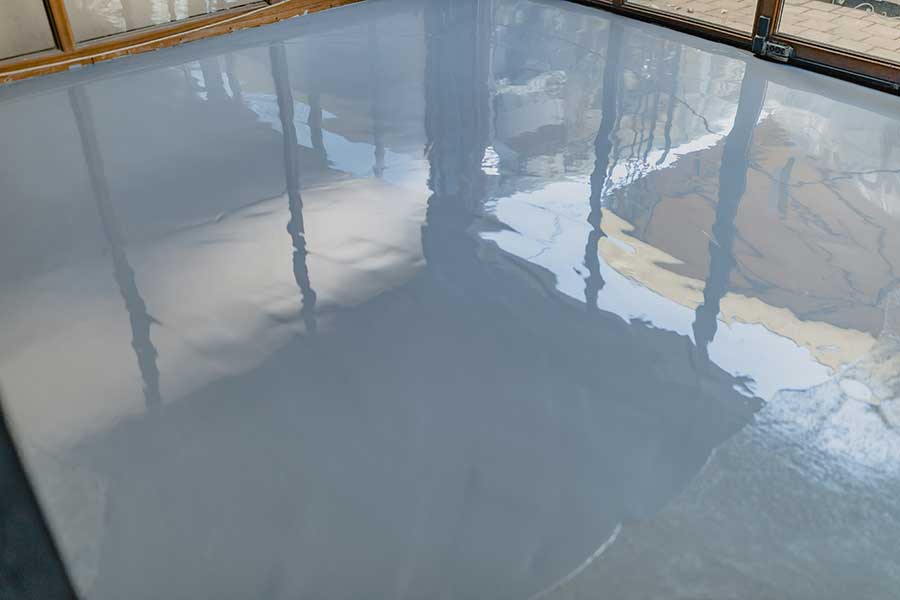diy epoxy flooring
There are many choices for color-treated floors. Many epoxy flooring colors are available, including metallic. Metallic epoxy also comes in a matte option. This is the perfect choice for living spaces, bedrooms, and garages. It is also great for concrete floors with cracks or uncoated. It is ideal for residential settings due to its smooth finish, color-fastness and color stability. These floors look great in commercial spaces, as well as retail establishments.
There are many garage flooring options available. However, none of them can offer the durability, resilience, or durability that epoxy floors do. Garage floors are exposed to chemicals, impacts, stains, and other elements. You won't need to worry about the floor getting damaged by chemicals or other elements. This floor is resistant against acids, solvents and other harmful substances that could cause damage.
There are some pros and cons of 3D epoxy floors. This type of flooring requires expert installation. In addition to the quality of the materials used, 3D epoxy floors require proper prep and image application. They can be a bit difficult to find, as most flooring companies will sell you epoxies but not install them. To ensure your new floor will last, hire a professional installer. Here are some things to consider when choosing a contractor for this type of flooring.



